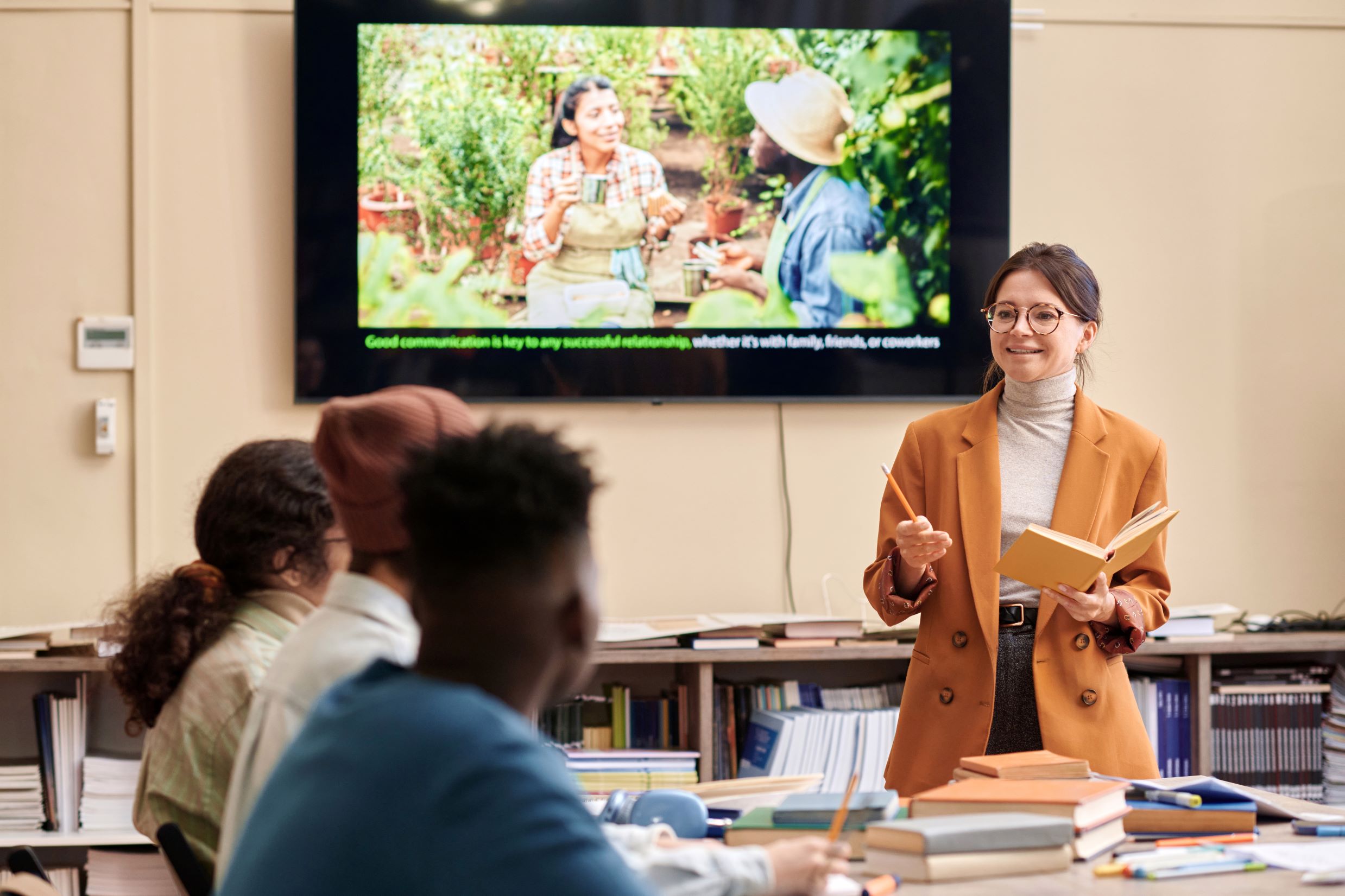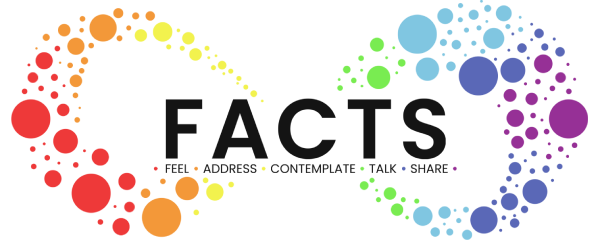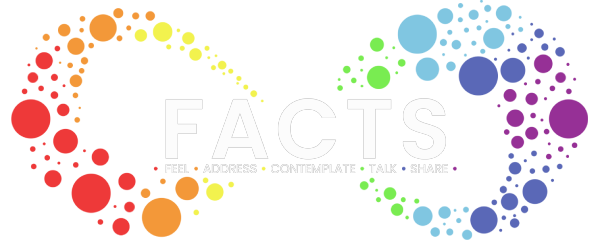About & PARTNERS

This is F.A.C.T.S.: guidance for professionals working with autistic people regarding sexuality and gender identity
F.A.C.T.S. creates guidelines informing practices in working with autistic people on the topic of gender identity and sexuality.
Through our effective education for professionals, we highlight the importance of education regarding sexuality and gender by promoting healthy relationships, preventing sexual victimisation, and supporting the development of gender identity.
F.A.C.T.S. aims to achieve the following objectives:
- Equipping professionals to address sexuality and gender issues, including gender identities and feminism, in their support for autistic individuals.
- Creating a state-of-the-art report and developing a curriculum informed by academic and professional expertise.
- Dispelling misconceptions and misunderstandings surrounding autistic peoples’ sexualities and gender identities.
- Promoting sexual well-being and health among autistic people.
- Preventing sexual harassment and bullying.
- Challenging and addressing personal biases and prejudices among professionals to ensure fair and inclusive support for those on the autism spectrum.
Let’s promote the sexual rights and autonomy of autistic people and fostering a more inclusive society. Let’s learn together.
Nice to meet you! These are the F.A.C.T.S. consortium partners
The F.A.C.T.S. consortium is a group of nine professional, dedicated organisations, working together to realise our objectives in creating a tailored educational programme. Read more about who is involved in this project below and click through to visit the respective websites.
« Ploes » E.Psy.Me. (Psycho-Social Research Organization) is a non-governmental organisation, founded in 1998, by mental health professionals from different scientific sectors and training fields.
Now, more than 100 people are employed in all of its projects. Mental health professionals, social workers, occupational and speech therapists, special education professionals, child psychiatrists, psychologists, all are under the umbrella of « Ploes » E.Psy.Me.
CADIAI is an Italian social cooperative, founded in 1974 in Bologna by 24 women coming from domestic and precarious work experiences, with the aim of offering appropriate status and recognition to the services provided by workers, to improve qualification, to affirm professionality along with emphasising its value for society.
CADIAI provides social, healthcare, and educational services (often in cooperation with public bodies). CADIAI also provides healthcare surveillance, occupational health services, and safety training programs.
CADIAI extends its services in these areas:
- Non-self-sufficiency and fragility (elderly people and people with disability)
- Educational area (children and minors).
CADIAI works primarily in the province of Bologna, where it was founded, but it develops projects also in other territories, creating partnerships with local cooperatives that share the same mission. CADIAI currently employs more than 1.800 people and provides services to more than 38.000 people yearly.
For years CADIAI has been promoting and implementing international projects, in partnership with public and third sector entities at European level and beyond.
Founded in 1972, Centre de la Gabrielle is one of several structures managed by Fondation l’Elan Retrouvé. Comprising 12 non-profit structures, it supports over 500 people with neurodevelopmental disorders through a mix of residential and day services, as well as at-home support for the most autonomous users.
Our Youth Platform welcomes over 200 kids, teenagers and young adults who receive educational and pre-professional support, whilst our Adult Platform hosts a sheltered workplace and a creative workshop.
Our services have a complementary ambition on the national and European levels: to conduct research, develop expertise, and implement good practices and innovative tools for the benefit of people with intellectual disabilities, their families, and professionals who support them. This mission, which cuts across all of Centre de la Gabrielle’s services, is reflected in the many projects and experiments set up with the help of private and public partnerships.
Building on this empirical experience in social research and innovation, Centre de la Gabrielle recently launched GABLAB, a living lab to harmoniously coordinate all its current and future thinking. GABLAB is a social and collaborative engineering method that allows service users to be actors in the process of shaping new best practices.
Autism-Europe (AE) is an international non-profit association established in 1983. AE is comprised of almost 90 member associations in 40 countries (including 26 member states) and represents an estimated 7 million autistic people and their families throughout Europe. Self-advocates and families play a central role in the organisation.
AE is recognised by the European institutions as a key representative network in Europe of autistic people and their families. AE’s work is based on the principles of the United Nations’ Convention on the Rights of Persons with Disabilities (UN CRPD).
The Research Center of Biopolitics is part of Panteion University of Social and Political Sciences. In particular, the Research Center of Biopolitics, as an autonomous unit, operates within the framework of the oldest Department of Sociology in Greece. Biopolitics concerns politics relevant to the life of people as members of society, as well as related social policies. The purpose of RECEBI is to highlight the shortcomings of these policies and to conduct research and consultancy on them to mitigate this and widen their impact. In this context, the
Research Center of Biopolitics has as one of its main interests the research into the development of new policies to eradicate social inequalities. The outcome is to focus its research on issues related to facilitating the social inclusion of socially disadvantaged groups such as immigrants, refugees, and people with disabilities by creating good practices related to the easier exercise of the rights of these vulnerable social groups. More than 18 researchers and professors collaborate with RECECBI in order to be able to implement the above-mentioned activities.
The Cyprus Certification Company (Cycert) is an accredited Certification Body established in 2002 as a private limited liability company, with the Cyprus Organization of Standardization being its sole shareholder through the Ministry of Finance. It is governed by a seven-member Board representing the Ministry of Finance, the Ministry of Energy, Commerce and Industry, and the private sector (Cyprus Employers and Industrialist Federation (OEB), the Chamber of Commerce and Industry (CCCI), the Technical Chamber (ETEK), the Consumers Association, and academia). Today, the Cyprus Certification Company is the most dynamic accredited certification body in Cyprus. It promotes certification as a means of assisting businesses in improving their competitiveness for the benefit of their customers, employees, collaborators, and the community at large. Cycert as the leading Cyprus Certification Body holds several accreditations. Cycert is accredited by the Hellenic Accreditation System (ESYD) and the Cyprus Organization for the Promotion of Quality (Cyprus Accreditation Body – CYSAB).
Specifically, Cycert is accredited by ESYD as a Management Systems Certification Body, an Inspection Body, a Persons Certification Body and an Environmental Verifier. It is also accredited by CYSAB as a Product Certification Body. Cycert offers a diverse range of services and product certification schemes to the market. Cycert also offers certifications of persons in a wide scope of areas such as technology, governance and other.
Since 2018 it operates its own Training Academy, which is a member of the IQNET Academy thus providing internationally recognized certificates.
Cycert is the sole IQNET partner in Cyprus, which is an international certification network of conformity assessment bodies with a legal seat in Switzerland.
Institute for Community-based Social Services Foundation (ICSS) is a non-profit organization, which operates in Sofia and several smaller municipalities across Bulgaria.
Our aim is to support disabled people to be active and to participate in the decisions that affect their life – decisions related with their needs and interests, decisions in what activities they want to participate, where they want to live, what support they need.
We provide psychological support, training and mentoring to people with disabilities to develop their independent living skills, cope skills, labour skills and self-advocacy skills.
Training and supervision with the staff are focused on the effective methods of support of people with multiple needs through their life cycle and in changing situations.
We develop know how products – self-assessment tools for personal and work development, videos for raising awareness, manuals for self-knowledge, independent living skills development and supported employment – in accessible and easy-to-understand language.
ICSS is a member of EASPD and a partner of Accessible EU Resource Centre.
Prisms is a group of experienced youth workers that in 2008 came together with the aim of creating an NGO that caters for the requirements of young people and those working with young people. Prisms aims to empower people with the skills, tools, information and values necessary for personal growth and to be active participants within society. Prisms provides to the necessities of the people it works with through innovative non-formal methods of education so as to reach their needs in a holistic manner.
Prisms focuses on working with different groups of young people ranging from young people who are NEET, those with less opportunities, young people with mental health and those with disabilities.
Tukena Foundation and Tukena Ltd produce services all over Finland. Our aim is to find individual solutions and to create high-quality services to support people with intellectual disabilities or special support needs and their families. We make dreams of a good life and quality services come true. We develop and deliver services and activities for people with intellectual disabilities or other needs and their loved ones – together with them.
Tukena Foundation was founded in 1992 by Inclusion Finland KVTL which is a non-governmental organisation aiming to promote equal opportunities in society for people with intellectual disabilities and their families. Tukena Ltd is social entreprise established by Tukena Foundation in 2005. We provide diverse housing and care services tailored to the needs of families and individuals with special support needs. Our support includes respite for caregivers and facilitating independent living for young people and adults with intellectual disabilities. Through advocacy and collaboration, we promote a good life and full citizenship rights, advocating for a person-centered approach. Additionally, we engage in development projects and offer various training programs.
Our objective is to deliver sustainable, trustworthy services for individuals with intellectual disabilities, prioritising their families’ trust over profit for the owner.


